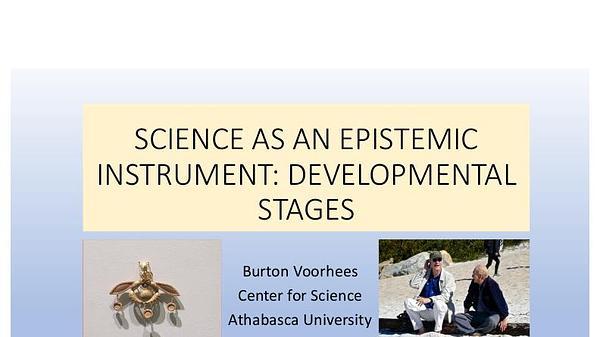technical paper
LIVE - Trust-based cultural transmission can form polarising group identities
keywords:
belief systems
cognitive bias
polarisation
group dynamics
filter bubbles
complex systems
modelling
Abstract:
Context
Polarisation is a growing concern for social cohesion, with individuals aligning with their group's entrenched beliefs. Understanding its causes is key for cultural evolution theory, since cultural group formation is both central and elusive. Previous models typically generate only weak polarisation or rely on strong assumptions.
Purpose
This study examines how trust-based influence in cultural evolution fosters cultural polarisation and group identity formation.
Methods
We developed a mathematical model building on a cultural systems framework where agents trust and learn from those with compatible beliefs (sender filtering). We contrast this with a model where agents focus on the belief itself rather than the sender (belief filtering).
Key results
Sender filtering produces belief clusters, where initially unrelated beliefs (e.g. in climate change and vaccine effectiveness) can become strongly correlated, with the largest factions polarised at the extremes, adopting completely contrary beliefs. These belief clusters signal identity, where adherence to one belief predicts adopting others in the same cluster. In contrast, belief filtering polarises only when beliefs are inherently linked.
Implications
The findings shed new light on polarisation and the emergence of cultural groups. Algorithms like collaborative filtering work similar to our model, suggesting that digital technologies may exacerbate polarisation.
Speaker's social media:
@fredrikjansson.bsky.social
